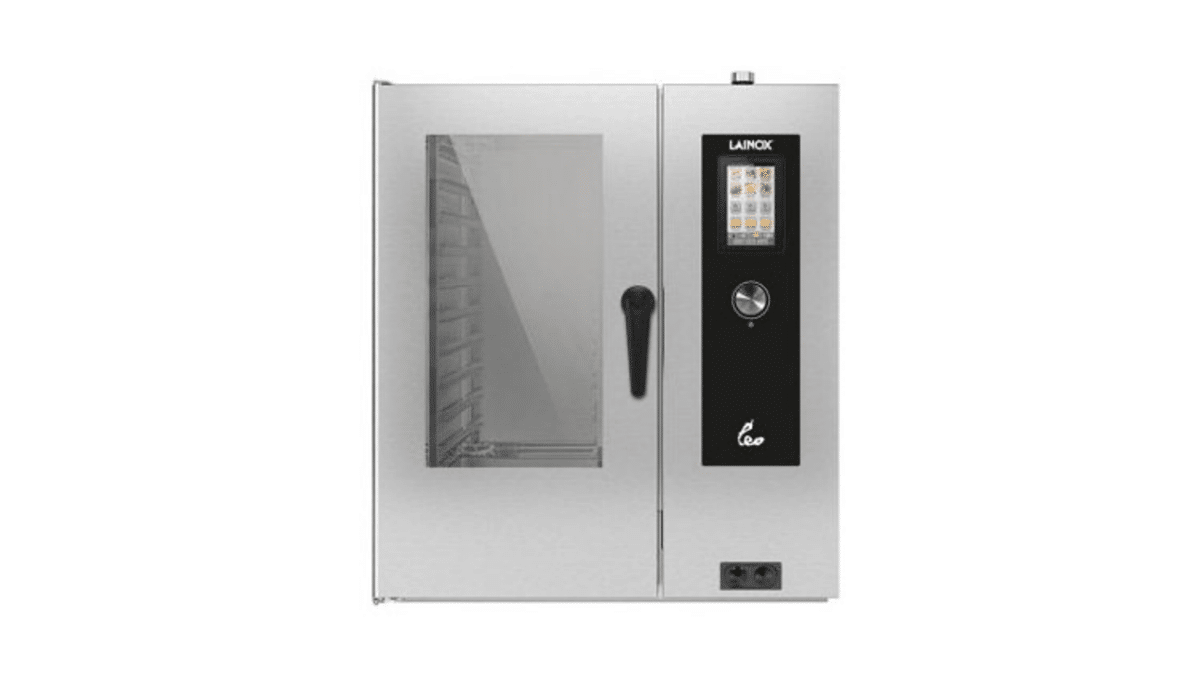There are many benefits to starting a home-based catering business. You get to set your working hours, the menu and how much money you want to invest in it. Running your catering business from home means no rental costs and you can start small to supplement other income sources. However, to be successful there are certain factors you should consider to make your venture worthwhile.
From installing commercial ovens to designing an eye-catching website, there are many ways you can go about setting up your home-catering business to increase chances success. Let’s dive in and talk about what you need to deliver mouthwatering dishes and great service from the beginning.
Here’s how you’ll get those 5-star reviews.
Contents
5 Ways to Set Your Home-Based Catering Business Up for Success
1. Know the Law for Home-Based Catering Businesses
Australian home-based catering businesses need to meet the same safety regulations and standards as any other food business, irrelevant of their location or type of service. Preparing food from home for sale at local markets, for events or meal delivery needs to comply with these food business laws.
You need to inform your local council that you intend to set up a catering service from your home and be well-informed about food safety skills and knowledge. Your home kitchen layout must meet safe working conditions and include equipment to prevent food contamination. Familiarising yourself with the laws for home catering services allows you to stay compliant and avoid legal problems down the line.
2. The Correct Home Kitchen Design
Your home kitchen design needs to accommodate food handling safety while reducing the risk of contamination. Also, the layout should accommodate free movement, have ample space for you and your staff to work unhampered and include safety equipment such as fire extinguishers.
Consider the following when planning your new kitchen:
- Separate working areas for raw and cooked food to avoid cross-contamination.
- Designated spaces for waste disposal.
- Hand wash basins with hot and cold running water, plus anti-bacterial soap and paper towels.
- Workbenches and flooring that are easy to clean and disinfect.
Good lighting and ventilation are important for better productivity and efficiency.
3. Have the Right Equipment
Having the right equipment not only ensures you produce meals efficiently but they allow you to protect the food from spoilage and wastage. Consider the following when budgeting for kitchen equipment:
- Commercial ovens: Built with advanced technology, these ovens improve cooking performance and are more reliable and more efficient.
- Quality refrigeration: Raw and cooked food need to be kept at the right temperature to avoid contamination. Freezers need to keep food frozen hard for safe consumption. Ample storage space is also important, so you can work in an orderly way.
- Food processors: These machines make light work of blending, dicing, shredding and kneading so you don’t waste time preparing large amounts of food.
- Food sealing and packaging machines: Make sure your raw and cooked food is well-sealed when packing for freezing or meal deliveries.
Catering supply companies will be able to advise on what other equipment you should consider for your home-based food business, all related to your niche. Equipment such as blast chillers, pasta cookers and braising pans can make a world of difference to the quality of food.
4. Reach Your Target Audience
How you market your home catering business depends on what service you’re offering. It affects your target audience and what marketing strategy you need to implement. Home-based catering services can include:
- Meal deliveries to customers in your local area.
- Catering for events such as weddings at other venues.
- Providing meals at daycare facilities in your neighbourhood.
- Catering for private parties at other homes.
You can reach your target audience through your website, by advertising on community boards or using a social media platform such as Facebook Marketplace. Sending emails to daycare centres, schools and hotels nearby is another way of promoting your services in the neighbourhood.
5. Set Up Your Business Structure
Setting up your business structure from the start ensures your catering business runs smoothly from day one and determines what paperwork you need to run as a legal entity. This includes:
- Deciding whether to operate as a sole proprietor, partnership or company.
- Opening a business bank account.
- Paying your taxes regularly.
- Having all the necessary licenses and permits.
- Getting public liability insurance.
A well-crafted business plan will help you run your catering company professionally and build a good reputation.
Final Thoughts
Starting your own home-based catering business is exciting and using the right approach helps you turn it into a success from day one. Crafting your menu is the fun part but building customer relationships, getting positive reviews and testimonials and having skilled staff requires hard work and ongoing input from your side.
Why not reach out to others to find out more? Speaking to other home caterers who are successful in the industry can give you the information you need to follow in their footsteps. Leave a comment below if you have a specific question.

